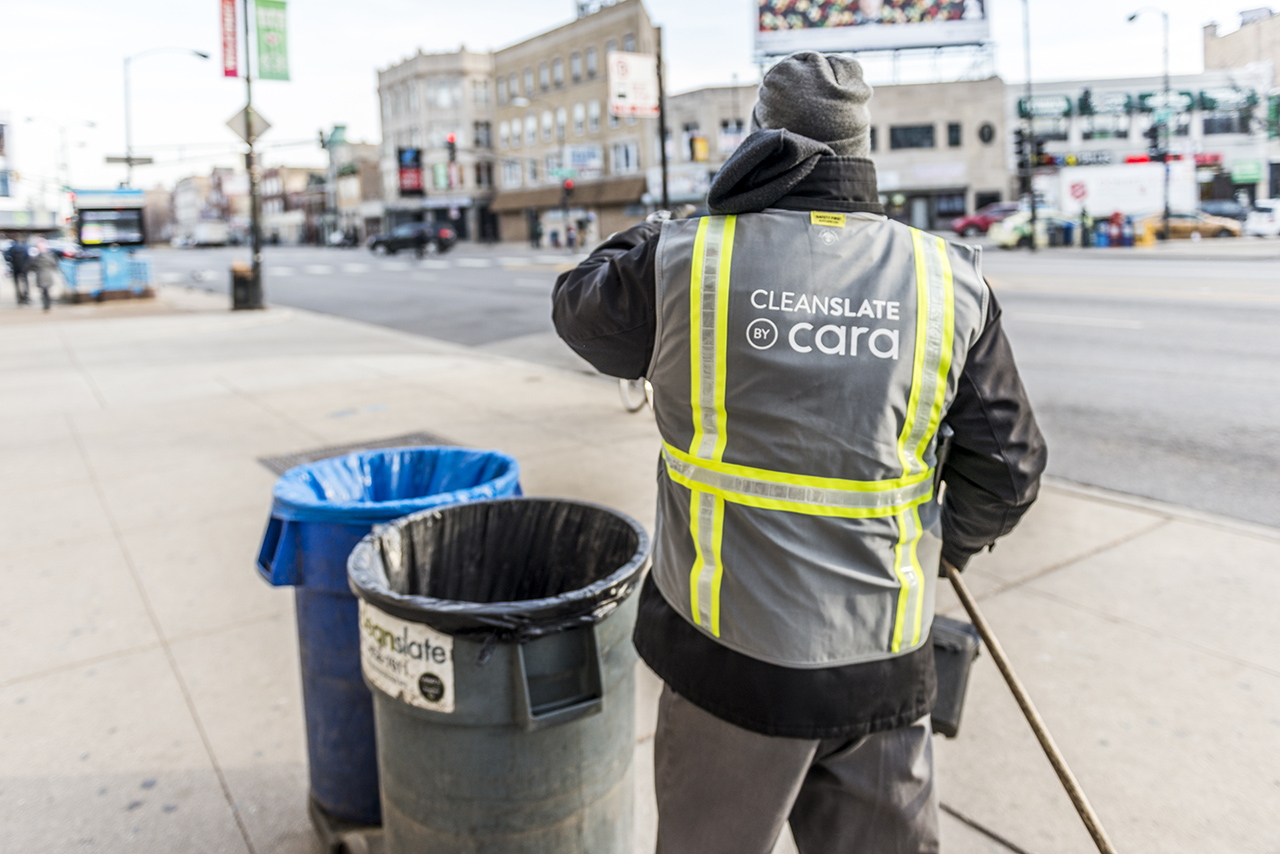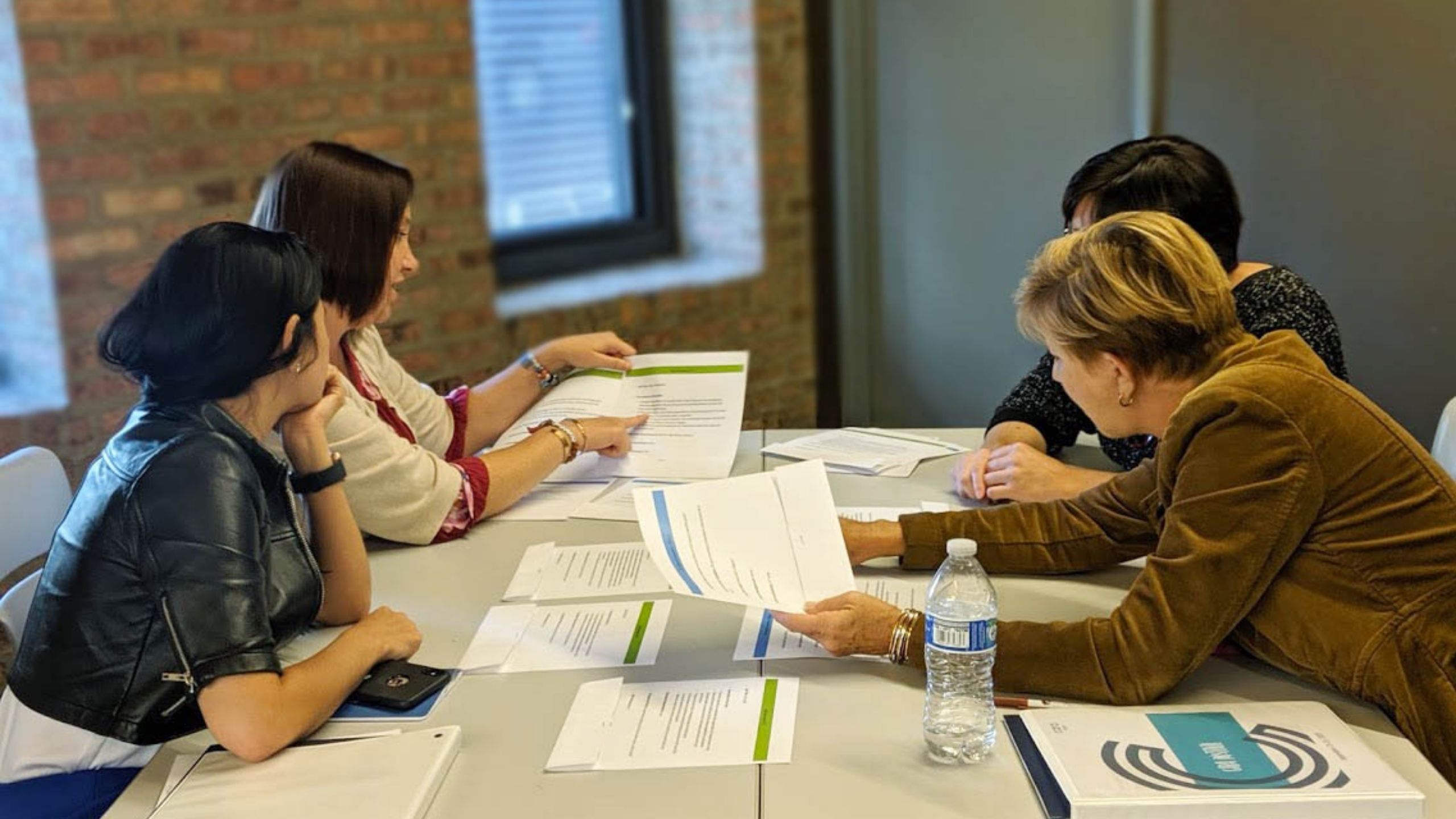From Giving to Investing, Social Enterprises Change the Philanthropic Paradigm

Charities are over. Dead. Finished. Instead of a strategy that relies on asking and giving, from here on in, we’re going to be earning our way. Contributions, once seen as donations, are increasingly being replaced by investments with an expected rate of social return.
Hyperbole? Not entirely. Many practitioners have already begun down this path: speaking of leverage and social return for dollars invested. And we all know that in today’s new normal, every charitable dollar will be even more hard-fought. To create real opportunity to change lives for the better, organizations will need to change their mindset, and recognize they are competing in the marketplace for social good. For social enterprise businesses that use profit for purpose, the income we earn, matched by the investments of others, allow us to exponentially increase our impact with a sustainable business model.
The revolution in social purpose is social enterprise.
Learning how to challenge the past assumptions of the way charities solve social ills is just one of the benefits I got from attending a retreat REDF held for the social enterprise businesses in their national portfolio. I love being challenged in my assumptions about this work and to be shown new possibilities, different takes on the content of our work, and similarities in universal challenges that are present in others’ day-to-day existences despite a different geography or demography.
Personally, I’m inspired to continue to contribute to this work when I can connect with other leaders who provoke me to come up with new ideas. The best part of the retreat was the informal social connection that I was able to make with leaders from organizations like JUMA, Mile High Workshop, Roca, Chrysalis, CEO, New Avenues for Youth, and FareStart. I think I can speak for all of us who attended, in saying Cara— as a community of staff, participants, and partners— as well as our peers in the portfolio, benefit from the perspective and wisdom that results from being able to focus on our “best bets.” For instance, at Cara, we are all deeply invested in our strategies to grow and leverage our two businesses, Cleanslate and Cara Connects, but when we can afford the space and time to devote real thought and real discourse to those strategies, we are all more productive, more entrenched, and better incented.
At Cara that means a multi-dimensional strategy when it comes to how our program recruits and engages people of all backgrounds and ages. Those familiar with workforce development know that the end game is sustainable, permanent, competitive market employment. Yet even with this as the desired end result, we can’t look at that outcome at the exclusion of others. If I think the only positive result is one that involves permanent employment, I may subconsciously devalue the role transitional employment has along the way. And if I do that, particularly in this gig economy of ever-evolving braided employment solutions, the individuals we serve may lose out on precious opportunities in the process. So we’re learning to listen with as little bias or preconception as possible to our participants and our prospective participants in order to learn more about what we need to be for them. Listening is the most important part of communication.
From my perspective, focusing on employment and employability are at the crux of addressing so many social issues. But we can’t afford to approach them the way charities have done in the past, as though they are issues akin to finding a cure for a disease, or protecting against human rights abuses. Solutions for employment will indeed require investments in policy change and scientific research, but on top of that, Social Enterprises must be on the ground impacting the way that the economics of employment work.
It’s only a slight perspective shift to suggest that a donation is actually an investment, but a “shareholder’s” expectations and level of engagement are different from a “donor” or “supporter.” Through collectives like the one convened by REDF, I see a future for Social Enterprise where we understand how connection and inter-connectedness allow for the field to grow, and be even more integral in everyone’s daily lives. Earning revenue through business, and further embedding ourselves in the fabric of our economy, is the best way to keep relevant with the very market that determines our social outcomes. In redefining charity, help can be seen as a commodity, and a one-sided transaction of help given as a gift is instead a reciprocal exchange where both human beings on either side are connected, working together for outcomes on equal ground. As Social Enterprises flourish, more and more of our marketplace will allow for this deeply engaged level of investment from our friends and neighbors.
Bob White is the Chief Program Officer of Cara. A graduate of the University of Michigan, Bob served as the owner-operator of an automotive aftermarket business before entering the non-profit world.


